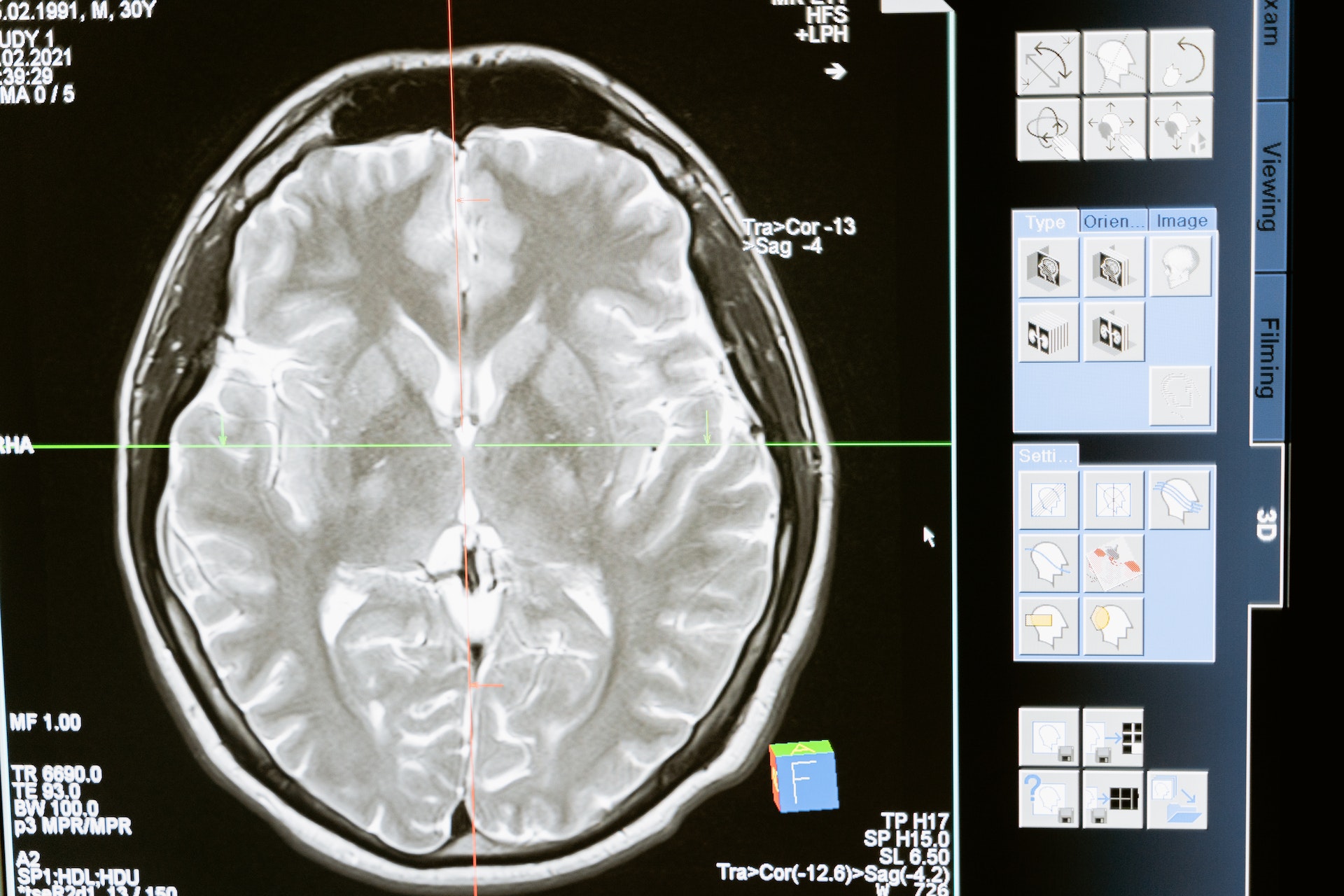
As we age, it is natural to be concerned about our cognitive health. Many people experience moments of forgetfulness, difficulty concentrating, or a struggle to recall the details of events from the past. That’s why it is essential to maintain our cognitive function and preserve our brain health. In this article, we will explore tips for cognitive longevity and how to keep your brain young.
Table of Contents
Engage in Mentally Stimulating Activities
Keeping your brain active is crucial to maintaining cognitive function as you age. You can engage in activities that stimulate you mentally, such as reading, writing, and solving puzzles to help improve your memory, attention, and cognitive flexibility. These activities promote the growth of new brain cells and stimulate different parts of your brain. You can also learn a new skill or take a course to challenge your brain and keep it active. Other activities to consider are playing an instrument, learning a new language, or taking up a new hobby.
Take Antioxidants
Antioxidants are compounds that protect our bodies from free radicals that can expose us to oxidative stress and damage to cells, including brain cells. Taking antioxidants can help reduce the risk of age-related cognitive decline and improve brain function. You can get these antioxidants from foods such as fruits, vegetables, nuts, and seeds, or you can take supplements. Some antioxidants with notable benefits for brain health are Vitamin E, Vitamin C, coenzyme Q10, alpha-lipoic acid, and flavonoids. You can opt for chewable supplements or those infused in oils for easier consumption, such as the ESS60 in Olive Oil.
Exercise Regularly
Physical exercise not only keeps your body healthy but also improves brain function. Regular exercise helps increase blood flow to the brain, which provides the brain with oxygen and nutrients. So, try to get up to 30 minutes of exercise a day, whether it’s walking, jogging, cycling, or swimming. Physical activity not only helps keep your brain healthy but also improves your mood, reduces anxiety, and promotes better sleep. To enable you to start and maintain a physically active lifestyle, start gradually and set reasonable goals. Choose sports and activities that you genuinely enjoy so that they won’t seem like a huge chore for you. And if you have little time for exercise, look for a way to accommodate just a few minutes of physical activity into your everyday routine.
Get Enough Sleep
Sleep is crucial for overall health, and it’s no different for brain health. Getting enough sleep helps the brain consolidate memories and process information. Lack of sleep can cause irritability and fatigue and can even lead to cognitive impairment. To improve your sleep quality, try to establish a regular sleep schedule and create a relaxing sleep environment. Also, avoid caffeine and alcohol before bedtime, turn off electronics, and avoid exposure to bright lights before bed. This will help your brain relax and prepare for sleep.
Eat a Brain-Healthy Diet
A brain-healthy diet can help maintain cognitive function and reduce the risk of age-related cognitive decline. Foods rich in omega-3 fatty acids, antioxidants, and vitamins are beneficial for brain health. Some brain-healthy foods are fatty fish, such as salmon and sardines, berries, and dark leafy greens. You should also consider adding nuts and whole grains, like oatmeal and brown rice, into your diet.
Manage Stress
Stress can have a significant impact on brain health and cognitive function. It can lead to anxiety, depression, and cognitive impairment. Finding ways to manage stress can help protect your brain and improve cognitive function. Consider practicing relaxation techniques, such as deep breathing and meditation, to help alleviate stress and promote better brain health. Engage in activities that you enjoy, such as pursuing a hobby, and spend time with friends and family to help reduce stress and improve your overall well-being.
Maintain a Healthy Circulatory System
Having healthy veins and arteries will benefit not only your heart health but also your brain health. That’s why it’s crucial to have your cholesterol levels checked regularly. You should also get regular blood pressure and blood sugar tests done and follow all diet and lifestyle adjustments your doctor may recommend for you.
Stay Socially Active
Staying socially active can help improve brain function, especially for older people. Socializing with friends and family can also improve your mood and promote a sense of purpose. So, consider engaging in social activities such as volunteering, joining a club, or attending social events to keep your brain active and connected.


